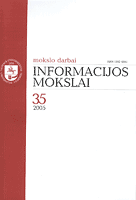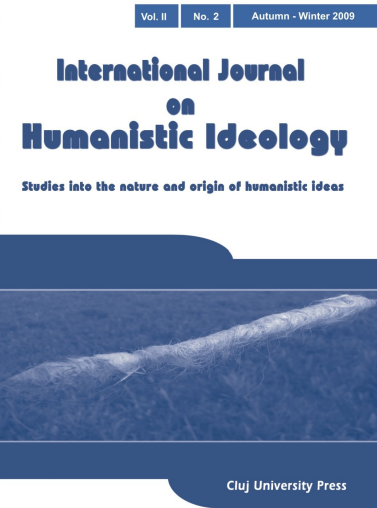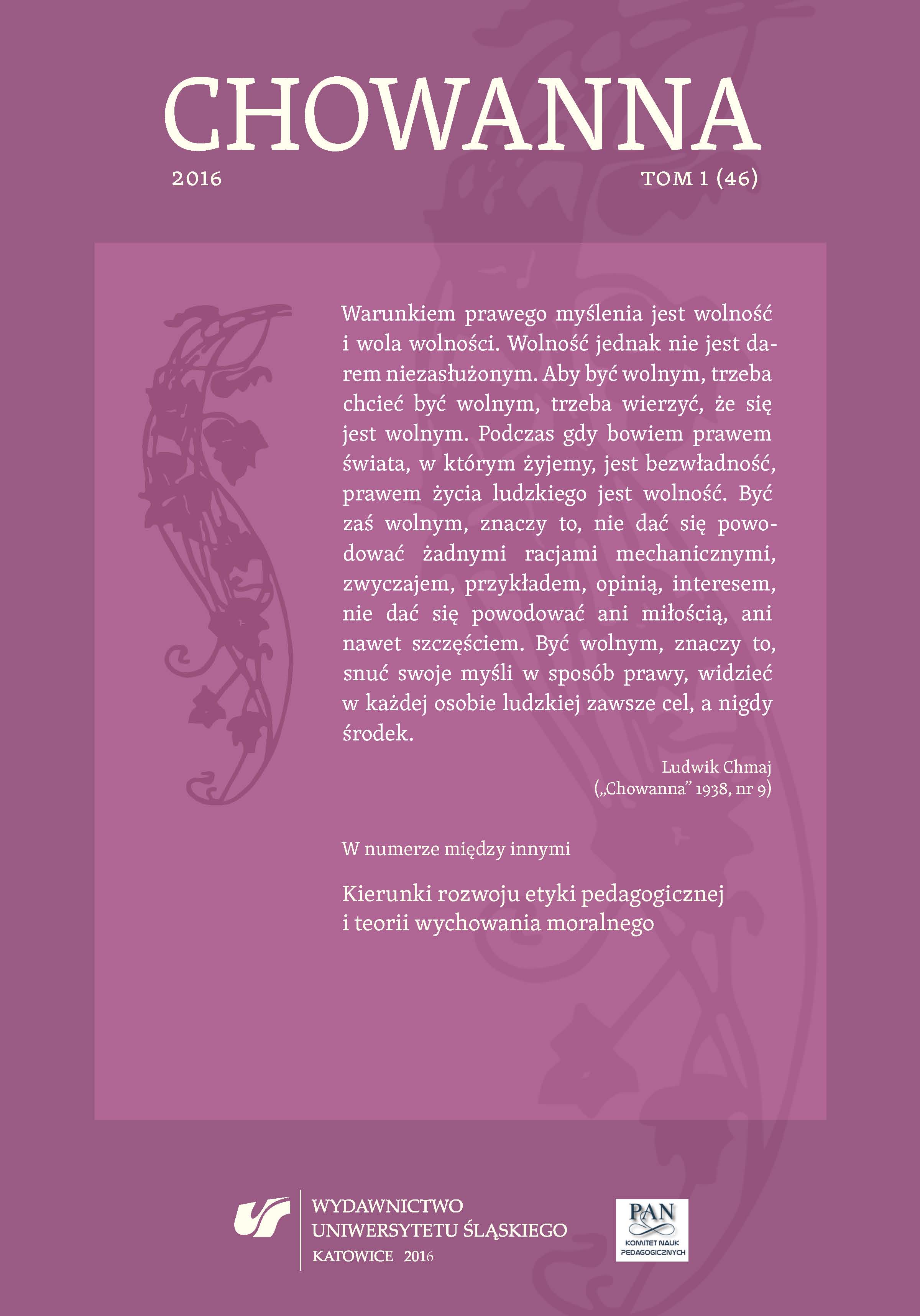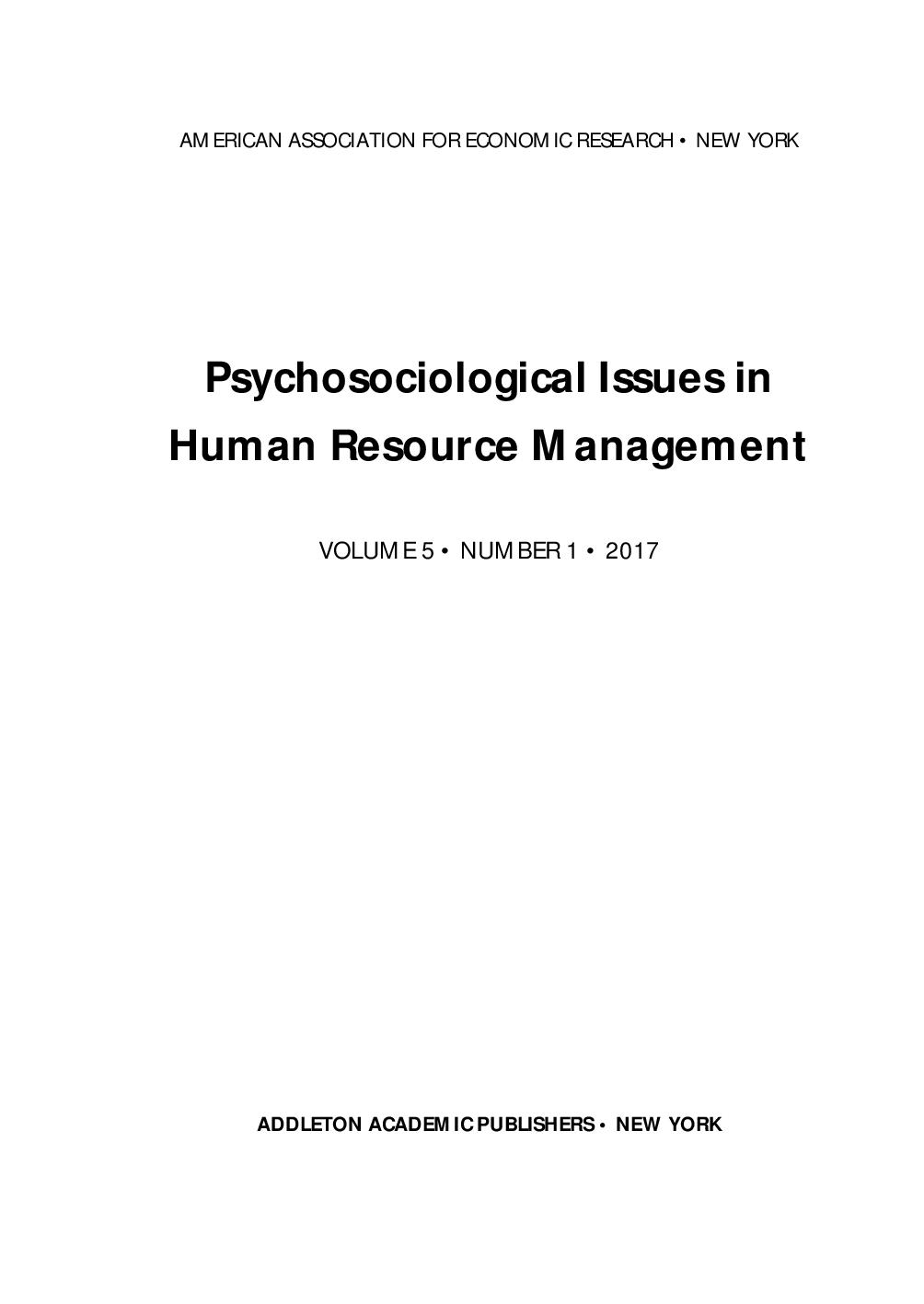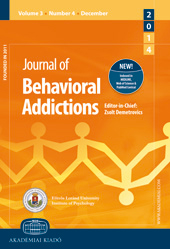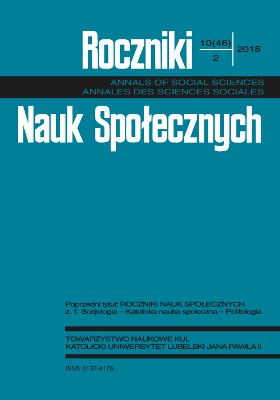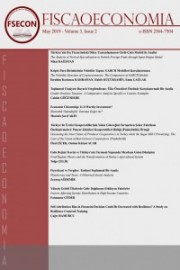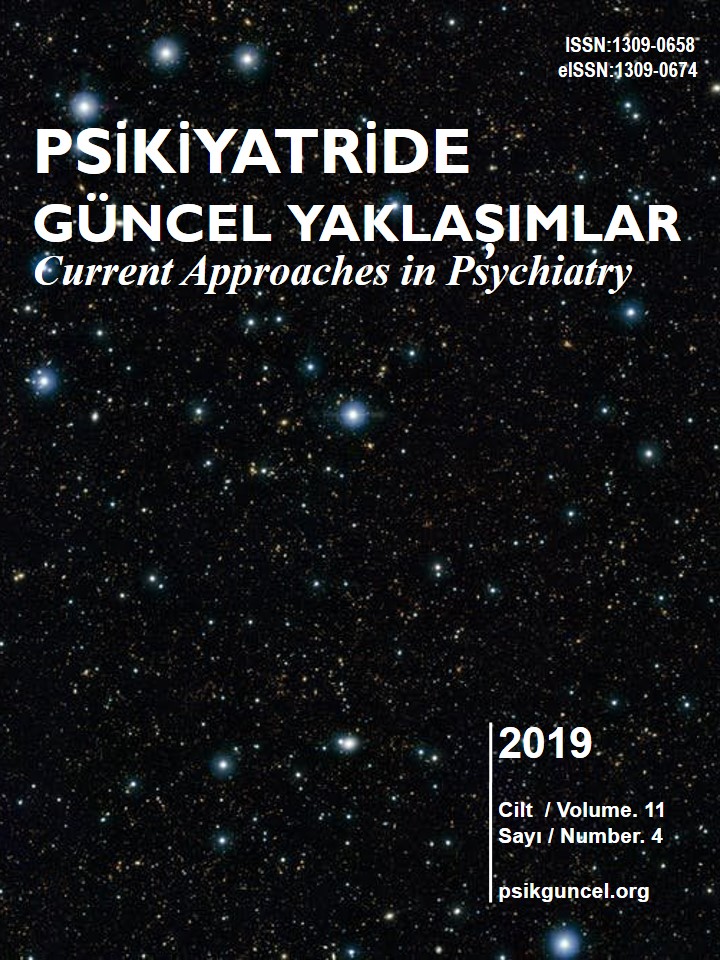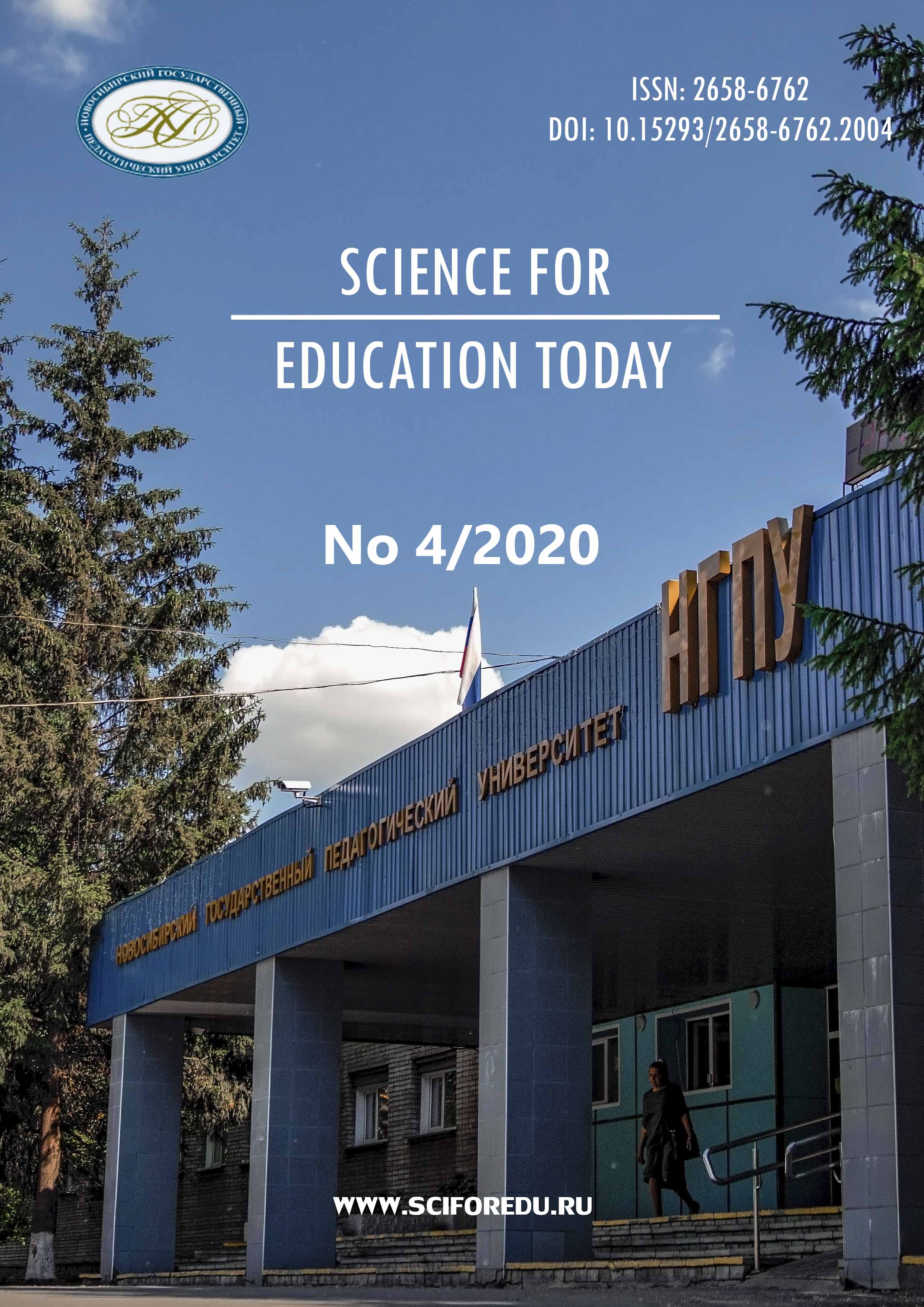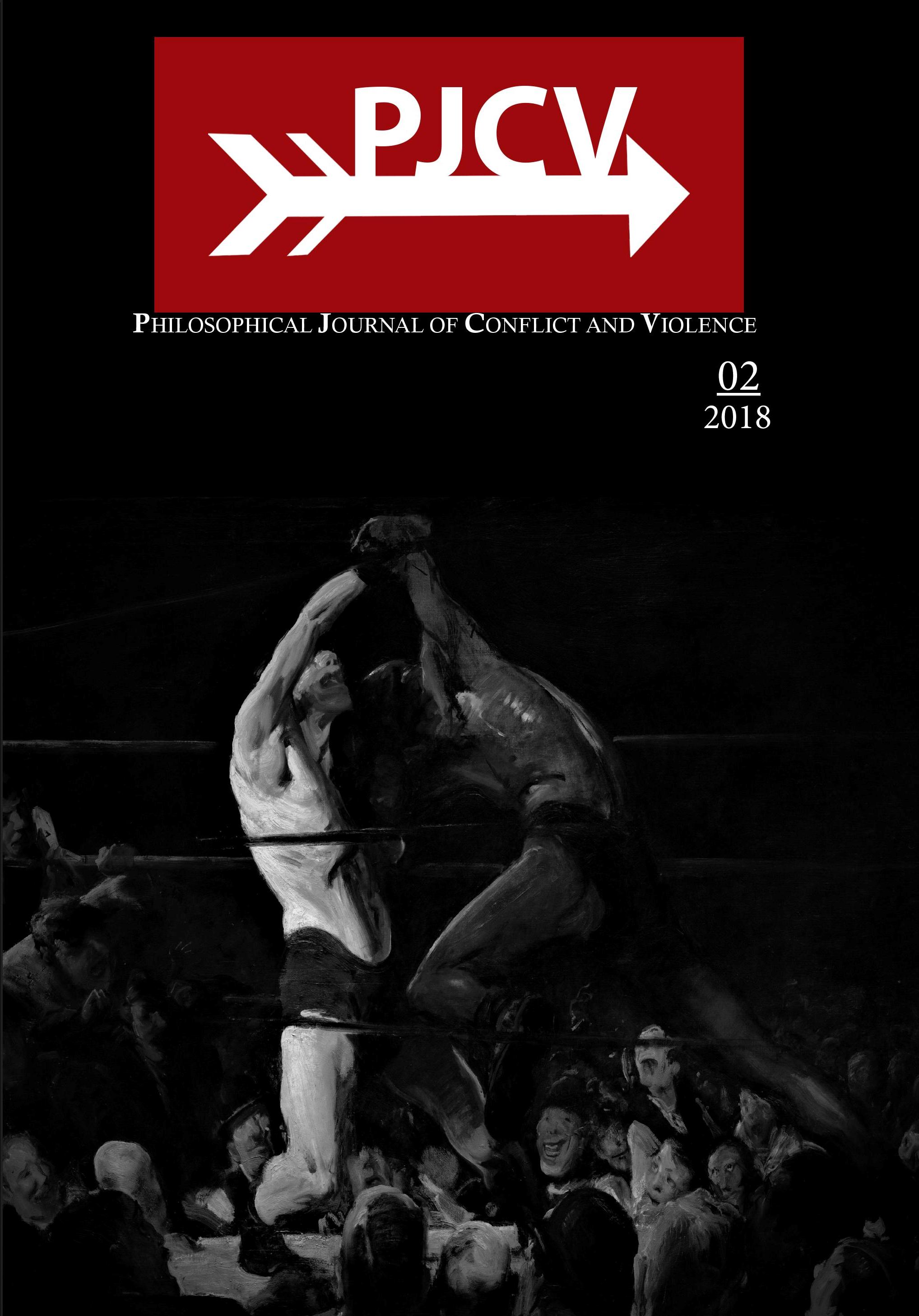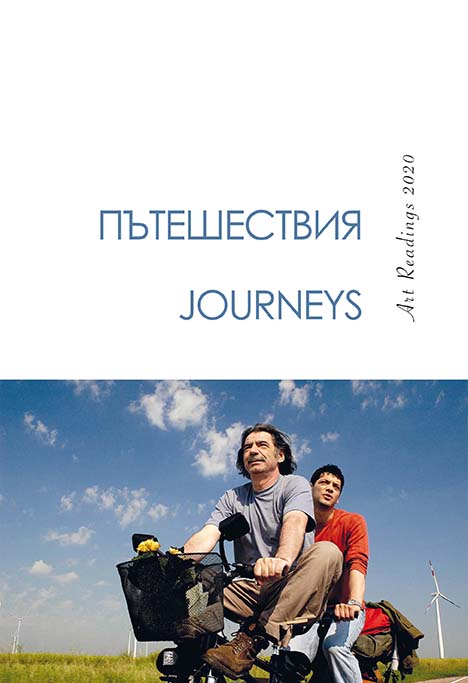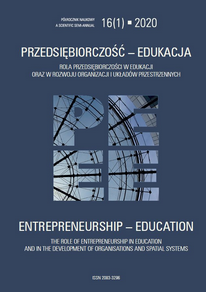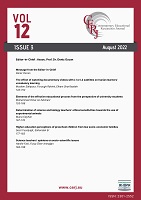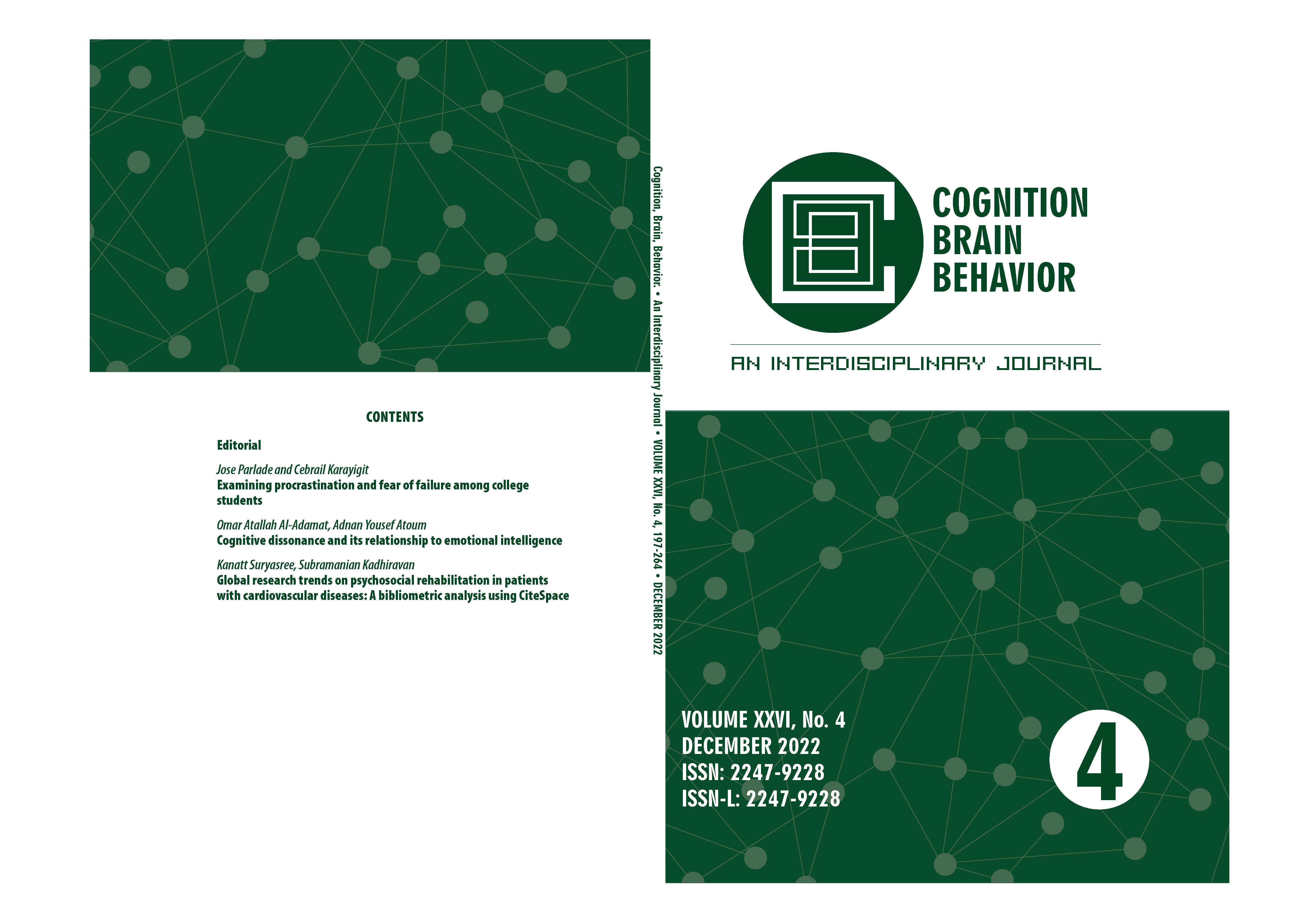Selected Psychological Aspects of Helping Professionals
Author(s): Miroslava Köverová,Beáta Ráczová / Language(s): English
/ Issue: 1/2017
Keywords: Compassion satisfaction; Compassion fatigue; Well-being; Self-care; Helping professions;
Professional helping is connected with a variety of positive and negative effects. Research studies focus on several consequences of helping work which can be experienced by helping professionals most often – compassion satisfaction (Stamm, 1999; Stamm, 2010), compassion fatigue (Figley, 1995; Figley, 2002; Stamm, 2010), burnout (Figley, 1995; Figley, 2002; Maslach, Jackson, & Leiter, 1996; Stamm, 2010), and perceived stress (Cohen, Kamarck, & Mermelstein, 1983; Tilley & Chambers, 2003). Compassion satisfaction is defined as a pleasure resulting from the ability to help and is connected with the positive feelings about work and colleagues (Stamm, 2010). Perceived stress is described as experienced levels of stress or as a degree to which situations in life are assessed as stressful (Cohen, Kamarck, & Mermelstein, 1983). Compassion fatigue (secondary traumatic stress) describes a vicarious traumatization of the helper resulting from his/her indirect exposure to traumatic experiences by helping his/her clients or patients who were traumatized directly (Figley, 1995; Figley, 2002). Compassion fatigue also includes burnout symptoms as a result of frustration, powerlessness and inability to achieve work goals (Figley, 2002). However, Maslach, Jackson and Leiter (1996) view burnout as a multidimensional syndrome consisting of emotional exhaustion, depersonalization, and reduced personal accomplishment. Negative effects of helping are connected with higher levels of depression (Volpe et al., 2014), anxiety (Hegney et al., 2014), dissatisfaction with workload, or with non-supportive work environment (Ray et al., 2013; Stamm, 2010). Research studies suggest that it is possible to increase the level of compassion satisfaction and decrease the level of compassion fatigue (secondary traumatic stress and burnout) among helping professionals by performing selfcare activities (Alkema, Linton, & Davies, 2008; Bloomquist et al., 2015; Killian, 2008; Lawson & Myers, 2011). Self-care is defined as a set of intentional steps related to the care for physical, mental, and emotional health (Moore, 1995). Self-care strategies help to improve physical health, emotional well-being, and interpersonal functioning of helping professionals (Cox & Steiner, 2013). Relevant self-care strategies are for example supervision, debriefing, spending time with family and friends, exercise, spirituality, sense of humour, maintaining balance between professional and personal life, or reflecting on positive experiences (Killian, 2008; Lawson & Myers, 2011). However, there is limited knowledge about compassion satisfaction, burnout, secondary traumatic stress and its correlates among helping professionals in Slovakia. Present research study was therefore focused on the analysis of compassion satisfaction, secondary traumatic stress, burnout, emotional well-being, and self-care among helping professionals in Slovakia. The first aim of the study was to examine the prevalence of selected, positive and negative, aspects of professional helping (compassion satisfaction, burnout, secondary traumatic stress, emotional well-being and performed self-care) among the Slovak helping professionals. The second aim of the study was to examine the predictive utility of emotional well-being and self-care activities in explaining the level of compassion satisfaction, burnout and secondary traumatic stress among helping professionals in Slovakia. The research sample was purposive and consisted of 240 helping professionals (psychologists, social workers and health professionals) working in institutions providing social care for orphans in East Slovakia. More women (90 %) than men participated (10 %), with regard to the proportion of both genders among helping professionals working in the institutions providing social care for orphans in Slovakia. The age of participants ranged from 20 to 61 years (M = 40.11; SD = 11.41). The length of their work experience ranged from 1 to 42 years (M = 11.22; SD = 10.55). The participants completed the Slovak adaptation of the professional quality of life scale (Köverová, 2016; the original English version Stamm, 2010), the emotional habitual subjective well-being scales (Džuka & Dalbert, 2002) and the performed self-care questionnaire (Lovaš, 2014). They reported the frequency of experiencing positive and negative effects of helping (compassion satisfaction, burnout, and secondary traumatic stress; 1 = never, 5 = always), the frequency of experiencing positive and negative emotions at work (pleasure, happiness, joy, energy, fear, sadness, anger, guilt, shame, pain; 1 = almost never, 5 = almost always), and the frequency of performing self-care activities (physical self-care, health sustaining activities, and psychological selfcare; 1 = never, 5 = always). Internal consistency estimates (Cronbach alpha) for the used measures were adequate (.649 - .847). The results indicated the higher incidence of positive than negative aspects of helping among helping professionals who experienced higher levels of compassion satisfaction, higher levels of positive emotions; and lower levels of negative emotions, burnout and secondary traumatic stress. The results also suggested that the helping professionals performed more physical than psychological self-care activities. Linear regression analyses indicated that performed self-care and emotional well-being were significant predictors of compassion satisfaction, burnout and secondary traumatic stress. A higher level of compassion satisfaction was best explained by the higher frequency of positive emotions experienced at work (β = .379; p < .01). The level of compassion satisfaction was also predicted by performed self-care, specifically by psychological self-care activities (β = .231; p = .01) and health sustaining activities (β = .202; p = .023). The level of burnout was explained by the frequency of positive and negative emotions experienced at work (β = -.255; p = .005; β = .334; p < .01, respectively). The level of secondary traumatic stress was only predicted by the frequency of negative emotions experienced at work (β = .361; p < .01). Self- care activities did not explain the frequency of experiencing the negative consequences of helping (i.e. burnout and secondary traumatic stress). Nevertheless, the results indicated that among self-care activities performed by helping professionals, the psychological self-care could be relevant in explaining the level of burnout (β = -.163; p = .072) and secondary traumatic stress (β = .163; p = .096), according to the p-value. The results indicated the importance of emotional well-being and performed self-care activities in explaining the levels of compassion satisfaction, burnout and secondary traumatic stress experienced by Slovak helping professionals working in institutions providing social care for orphans. The findings of the research provide a deeper insight into the positive and negative effects of the professional helping and will be used as a research background in the subsequent preparation of the intervention programmes aimed at promoting compassion satisfaction and eliminating burnout and secondary traumatic stress among helping professionals in Slovakia.
More...
